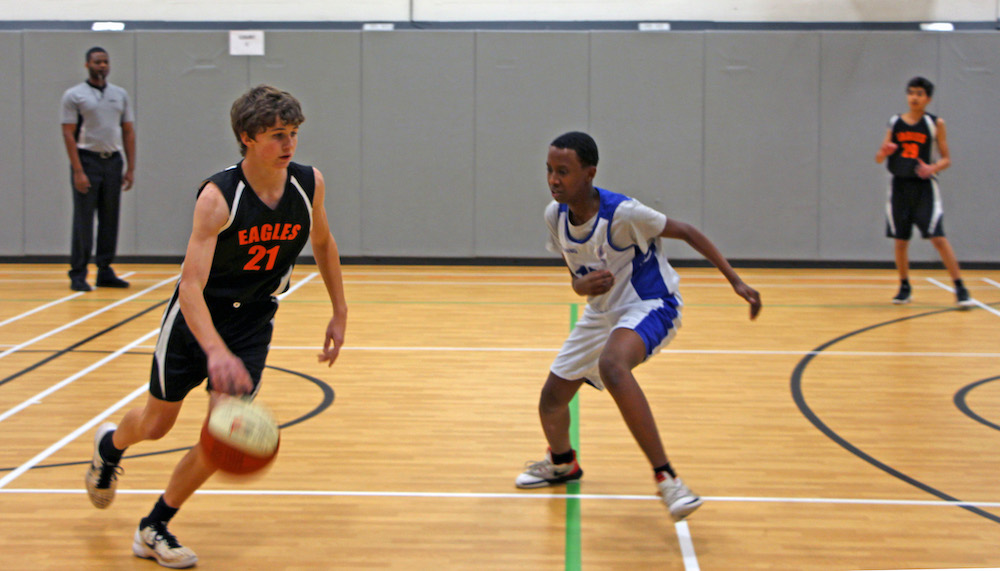Over the past years, the middle school sports program has primarily competed against international schools instead of British schools. The reason why the middle school does not play British schools as often is due to several factors.
One reason is that ASL is part of the London Schools Sports Association (LSSA), which is made up of international schools throughout the London area. These international schools have the same sporting philosophy as ASL as well as a similar game structure, so it is convenient for ASL to work together with them to create games for the schools.
Also, while there is no difference in the rules of the British or international sport system, there is a difference in the time of year that the British schools offer their sports. Sometimes the dates of the British schools’ sports programs do not match up with ASL’s, which makes it challenging to arrange games together.

Despite this, according to middle school athletics director Mr. Akay Mustafa, ASL has made an effort to arrange games with British schools. Currently around seventy-five percent of all fall, winter, and spring programs will play at least one game against a British school,
Out of these teams, middle school volleyball does not play any British schools, while middle school basketball plays against the most British schools. On top of this, ASL’s basketball season is in sync with the London Youth Games, and, if ASL progresses through the tournaments, they play more and more British schools.
The advantages of playing against British schools are that, firstly, usually British schools are less far away than the international schools in the London area and require less travel time. On top of this, ASL can integrate with the immediate community and be exposed to London culture, which some ASL students don’t experience very often. This is due to the fact that, as ASL is an international school, sometimes we don’t get to experience the British culture we live in.
According to middle school tennis coach Mr. Alex Caparros, playing British schools gives ASL students exposure to an alternative approach to sports.
Seventh-grader Kate Marine agreed. “I think it’s good to play against all types of people.. Playing with British schools, we get experience because we are playing against people we don’t normally play against… It was cool to see a British school because I’ve never been in one.”
On the other hand, Coach Caparros pointed out that there are sometimes disadvantages to playing against British schools. He explained that many British schools don’t offer match plays at the middle school level, so it is challenging to find appropriate opponents. On top of this, he said that British schools have different term dates, making it difficult to arrange coordinated games.
Seventh grader Sara Kim felt that the connection ASL has with other international schools plays a part in who the teams play. “I think that we rarely played British schools because it would be less convenient to play them, and it would be easier to play international schools, because we have more connections with them and going to their campuses might be more convenient.”
Mr. Mustafa doesn’t think that there will be much of an increase in the number of times ASL teams play against British schools. “I think we play a healthy amount already…we want to be part of our local community,” said Mr. Mustafa.”It will change a little bit, but there won’t be too much fluctuation. We are doing as much as we can to play as many games as we can with them already.”
